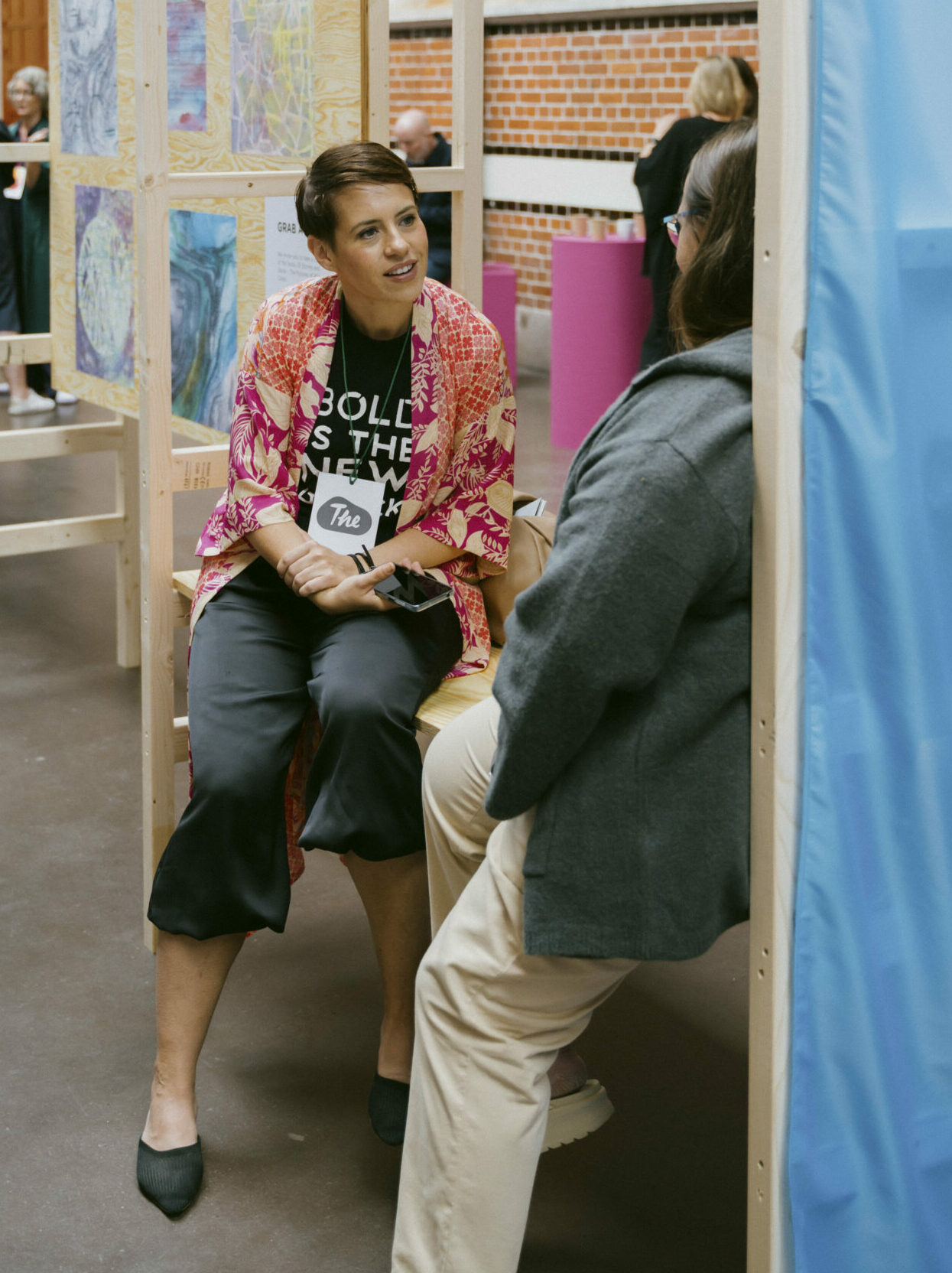The people we’re with give us perspective on, and hold us accountable to who we are.
And next to family, it’s friendships that shaped who we are today.
We became through our friends. And the impact of early friendships lasts a lifetime. They teach us how to build our trust and connections – or not.
And if childhood is where it all starts, then the way we learn to make friends in our youth affects our view on adult relationships.
These early experiences teach us about safety and trust.
When friendships are hard, it can lead to anxiety.
This is where ‘Friendship Trauma’ begins.
Psychologically and developmentally, trauma isn’t just about big, life-altering events. It’s also about the moments that leave us stuck—emotionally frozen at the age where the hurt happened. If childhood friendships taught us that connection is unsafe, that rejection or ridicule is around every corner, or that we have to earn our place by being useful, those lessons follow us. They shape how we connect—or shape how we struggle to.
Look, this is where I am bringing this whole topic back to you. Breathe, cause I am about to poke you… Take a moment to think about this:
If friendships don’t feel like a high priority in your life—if they seem:
hard,
draining,
or just not worth the effort…
—what if that feeling isn’t just a preference, but a pattern?
What if friendship was really hard for you as a kid? And what if, without realizing it, a part of you got stuck there—at 12, or maybe even younger?
Because when connection has hurt us, our natural response is self-protection. In friendships, that can look like walls we build to keep others out – telling ourselves we don’t need other people. Brene Brown calls it armour.
Look, I can tell you now that “Isolation is not the answer.” [COVID and social distancing are waving at you at this point.]
And that: “Feeling safe in friendships is vital and we must define what safety means for us. What it looks and feels like. If we don’t, we keep falling the wrong people, wondering how we constantly attract crappy humans.”
Listen to this episode of the Worth Having Podcast where Natalia and I have a conversation about all of this. You get a psychotherapist AND a belonging researcher for the absolute mind-blowing cost of – FREE. All you need to do is click. – and share with your friends, obviously.


